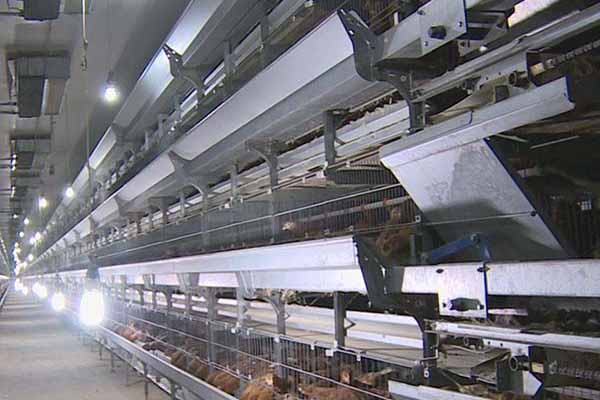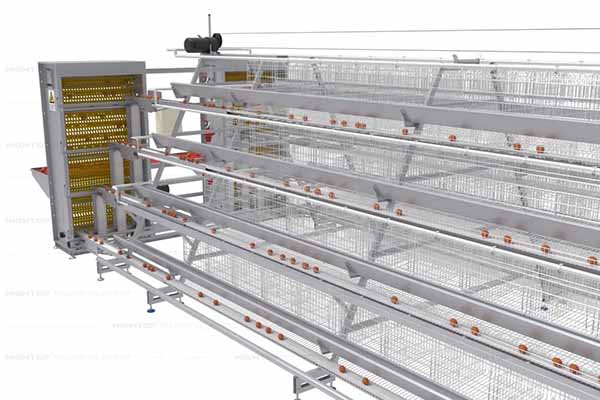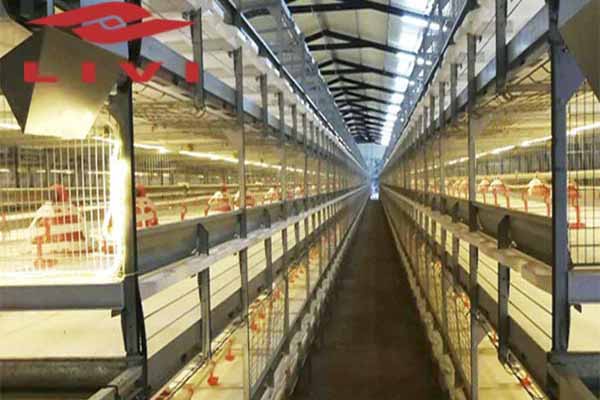Layers Chicken in Kenya: A Comprehensive Guide
Time : 2025-05-12
Hey there, chicken lovers! If you’re in Kenya and looking to dive into the world of layers chicken, you’ve come to the right place. Kenya is a country with a rich agricultural heritage, and poultry farming, particularly layers chicken, plays a significant role in the economy and in the daily lives of many Kenyans. In this article, we’ll explore everything you need to know about layers chicken in Kenya, from the types of chickens to the best practices for farming them. So, let’s get cracking!
Understanding Layers Chicken
Layers chicken, as the name suggests, are bred primarily for laying eggs. These birds are known for their high egg production rates and are a common sight in Kenya’s poultry farms. Unlike broiler chickens, which are raised for meat, layers are bred to be efficient egg producers, typically laying eggs for about two to three years.
Types of Layers Chicken in Kenya
Kenya has a variety of layers chicken breeds, each with its unique characteristics. Here are some of the most popular ones:

- Easter Eggers: These chickens are known for their colorful eggs, which can range from blue to brown. They are also quite hardy and can withstand various weather conditions.
- Red Stars: A popular breed in Kenya, Red Stars are known for their red feathers and high egg production. They are a great choice for both beginners and experienced farmers.
- White Leghorns: These birds are known for their white feathers and legs, and they are one of the most productive layers available. They are also relatively easy to manage.
- Black Stars: Similar to Red Stars, Black Stars are known for their high egg production and are a popular choice among Kenyan farmers.
Setting Up Your Layers Chicken Farm
Before you start farming layers chicken in Kenya, there are a few things you need to consider:
Location and Environment
Choose a location that is accessible, but also secluded from the city noise. Layers chicken need a lot of space to roam around and forage for food. A quiet, well-ventilated area is ideal.
Feeding
Feeding is a crucial aspect of layer farming. Layers require a balanced diet that includes protein, carbohydrates, vitamins, and minerals. You can purchase layer feed from local suppliers or prepare your own mix. Just make sure it’s nutritionally complete.

Water
Access to clean, fresh water is essential. Layers drink a lot of water, so make sure their waterers are always full and clean.
Shelter
Your chickens need a safe, comfortable place to rest. A well-constructed coop with enough nesting boxes is a must. Ensure it’s protected from predators and extreme weather conditions.
Best Practices for Layer Farming in Kenya
Here are some tips to help you get the most out of your layers chicken farm:
Regular Health Checks
Keep an eye on your chickens’ health. Regularly check for signs of illness or stress and treat any issues promptly. A healthy flock is a productive flock.
Good Hygiene
Keep your farm clean and hygienic. Regularly clean the coops, waterers, and feeders. This will help prevent the spread of diseases.
Regular Egg Collection
Collect eggs regularly to maintain freshness. This also encourages your chickens to continue laying eggs.
Breeding Programs
Consider starting a breeding program to improve the genetic quality of your flock. This can help increase egg production and reduce the risk of hereditary diseases.
Challenges and Solutions in Layer Farming
Farming layers chicken in Kenya isn’t without its challenges. Here are some common issues and how to address them:
Predation
Predators like snakes, foxes, and birds of prey can be a big problem. Install predator-proof fencing and keep an eye out for signs of predation.
Disease Outbreaks
Diseases can spread quickly in a flock. Vaccinate your chickens regularly and be on the lookout for symptoms of illness.
Market Dem and
and
Understanding the market demand is crucial. Keep an eye on local egg prices and adjust your production accordingly.
Conclusion
Farming layers chicken in Kenya can be a rewarding venture. With the right knowledge, practices, and dedication, you can establish a successful layer farming business. Remember to start small, learn as you go, and always keep your chickens’ well-being at the forefront.
Happy farming!











